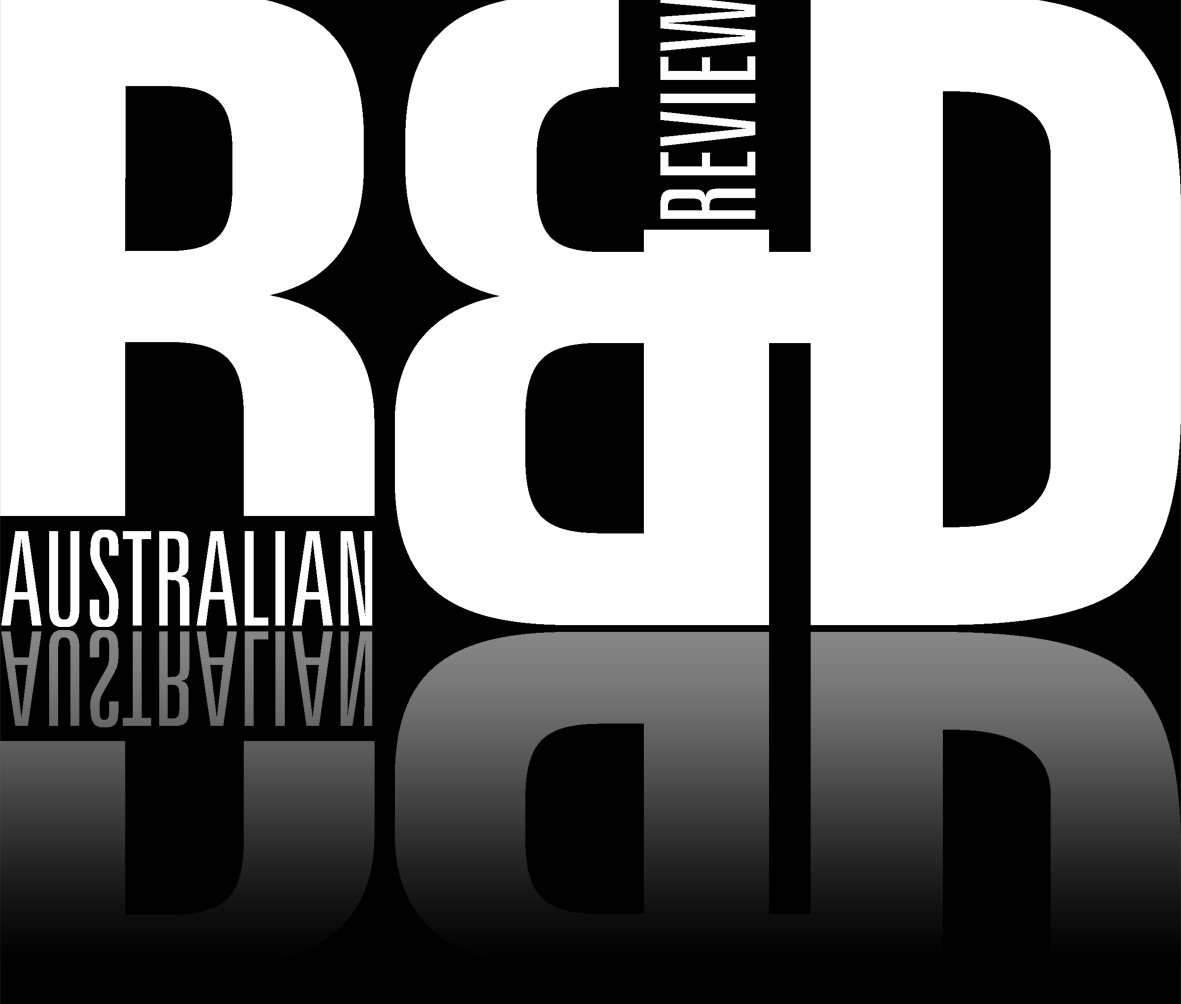
CSIRO's UltraBattery is set for large scale commercialisation after Sydney based company Ecoult reached a deal with India's largest battery manufacturer, Exide Industries, to build and distribute the technology in India and South Asia.
Ecoult was established in 2007 by the CSIRO to commercialise the UltraBattery, a hybrid device that combines features of a conventional lead-acid battery with that of an ultracapacitor such as used in cameras to power flashes.

According to CSIRO, its new product is low cost, durable, and charges and discharges faster than other battery systems. In addition, it has a two to three times longer life cycle than a regular lead-acid battery.
It also does not need to frequently recharge fully, as it cycles continuously in a partial state of charge.
Potential applications include electric vehicles and renewable energy storage. For example, the UltraBattery could be used to smooth intermittent electricity from renewable energy sources that is fed into the grid, or provide energy during peak demand times.
The Australian Renewable Energy Agency (ARENA) has supported the technology from the early stages of development. And is now contributing another $4.1 million in new recoupable funding to Ecoult's $10.6 million large-scale commercialisation project.